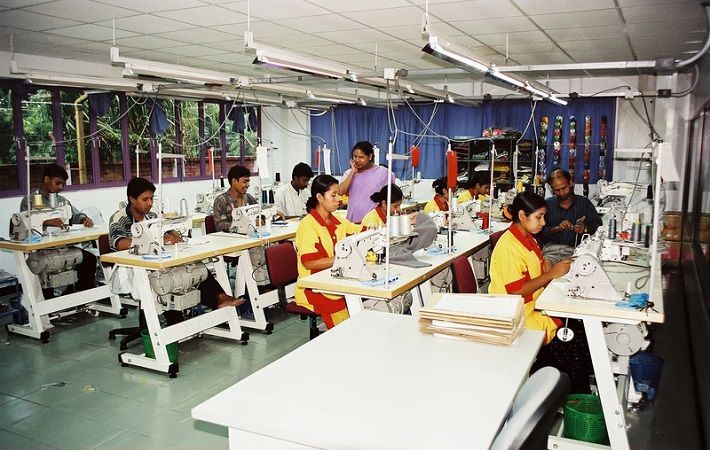
The research, which sets out a series of industry and government policy recommendations, focused on the experiences of Bangladeshi workers employed in the readymade garment (RMG) industry.
The study, published by researchers at the UK University of Aberdeen and trade justice charity Traidcraft Exchange UK, discusses the immediate impact of the pandemic and some of the actions taken by retailers, such as cancelling orders, refusal to pay for work in progress and demands for discounted prices, on women RMG workers in Bangladesh.
It found the pandemic exacerbated interrelated vulnerabilities in economic, job, food and housing security, as well as health and well-being, with women workers struggling to support themselves and their families, according to a press release from the university.
It found that some employers refused to let workers return after lockdown. Most who did return said they had been forced to sign new contracts, losing access to benefits and protection they had previously accrued.
The research also found an increase in intimidation and threats, physical and sexual violence, and restriction of movement. Legal protection for women workers meanwhile is limited, as are the grievance mechanisms in place. Those that do exist were said to be often disregarded with impunity by many factory owners and managers.
Compliance audits carried out by companies were found to be largely ineffective, with around 20 per cent of social compliance auditors not including women's equal rights issues in their audits, and 40 per cent not auditing the right to trade union recognition.
The project was funded by the Modern Slavery and Human Rights Policy and Evidence Centre through the Arts and Humanities Research Council (AHRC) as part of the funding call for research on the impact of the COVID-19 pandemic on modern slavery.
The research team comprised Muhammad Azizul Islam, Pamela Abbott and Shamima Haque of the University of Aberdeen; Fiona Gooch of Traidcraft Exchange UK; and Salma Akhter of Dhaka University.
ALCHEMPro News Desk (DS)
Receive daily prices and market insights straight to your inbox. Subscribe to AlchemPro Weekly!